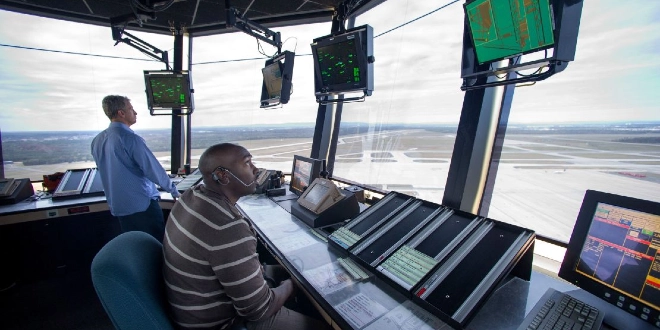Ongoing difficulties in retaining military air traffic controllers have been linked to lower pay and increased competition from the private sector. Defence Forces Chief of Staff Lieutenant General Rossa Mulcahy told an Oireachtas Committee that despite recent improvements in salary structures, a substantial gap persists between the earnings of highly trained military personnel and their civilian counterparts. He stressed that this imbalance significantly hampers efforts to retain specialists in fields such as air traffic services (ATS), highlighting that the issue is part of a broader challenge facing the public sector.
The Defence Forces have acknowledged the seriousness of the problem and are taking steps to address it. Measures include expanding the Pilot Service Commitment Scheme to cover qualified ATS staff, enabling commissioning from the ranks for all qualified controllers, and establishing a reserve panel comprising certified civilian air traffic controllers. Additionally, a new Direct Entry programme has been introduced to recruit civilian-qualified controllers directly into service roles.
Staff Shortages and Government Response
The situation escalated last month when operations at Baldonnel airport had to be reduced to weekdays only due to staff shortages. The facility, operated by the Air Corps, manages a combination of military aircraft and police aviation units. In response, the Government recently approved a new retention incentive in the form of a bonus scheme for air traffic control personnel, which includes annual financial bonuses and aims to stem the outflow of skilled professionals.
Department of Defence Secretary General Jacqui McCrum confirmed that the challenge of staff being attracted by commercial employers is widespread across multiple departments. She emphasized that the State invests heavily in training Defence Forces personnel, whose high skill levels make them attractive candidates in the private sector. As part of the bonus scheme, air traffic controllers’ pay bands will be adjusted from the current €58,000–€126,000 range to a new range of €85,000–€140,000, subject to specific terms and conditions.
During the committee hearing, Senator Gerard Craughwell pointed out that concerns over staffing shortages date back to at least 2017. He referred to a 2021 internal working group report that forecasted the current crisis. In response, McCrum clarified that the report had not been forwarded to the minister at the time since staffing levels were not deemed critical, noting that ATS numbers had in fact increased that year.
Although the internal report was never published, McCrum explained that many of its recommendations were incorporated into the broader Commission on the Defence Forces report released in February 2022. She highlighted that the department had taken specific actions related to cadet intake procedures and commissioning paths from within the ranks.
To date, 43 out of the 130 recommendations made by the Commission have been implemented, with work ongoing to complete the remainder. A revised implementation plan is expected to be published by the Minister for Defence shortly. The Department has set a target of completing all recommended reforms by the year 2028.
 The Daily Star Ireland
The Daily Star Ireland

